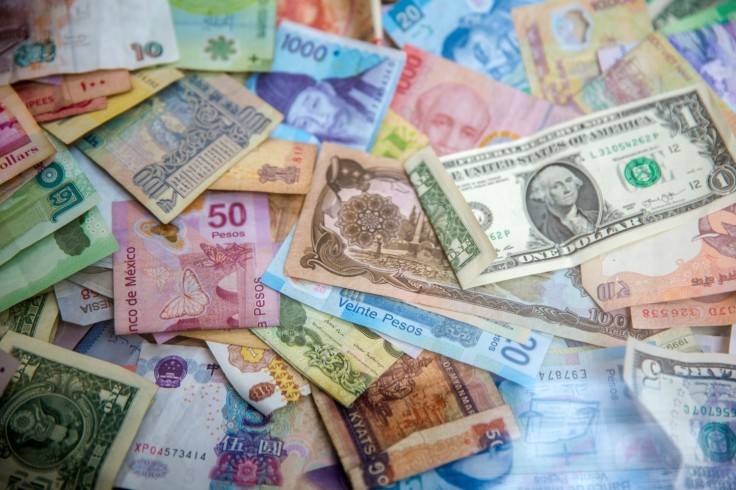
The pandemic has severely disrupted global economies. Most countries were unprepared and their healthcare infrastructure was too slow to respond to the rising threat of COVID-19. Experts speculate that had the US closed off borders immediately, the country's cases would have been contained and its hospitals and healthcare workers wouldn't have been so strained. The US, along with other economies affected by COVID-19 cases, experienced a decline in their economies as a result, as well as the value of their currencies.
Online forex trading surged during the pandemic
In spite of the economic fallouts caused by the pandemic, the forex market is as active as ever. In fact, forex trading is said to have increased by 300% this year with a new horde of traders concentrated in Africa, Eastern Europe, and Southeast Asia. Trading volume remains high with the availability of various online trading platforms and apps amid social distancing rules and minimal travel and trade movement. One of the main factors driving this growth is the implementation of isolation rules that people have been dealt in their own countries. Coupled with the fact that many are cash-strapped or dealing with income loss, trading has provided another source of income for many people.
Another option has been forex trading using CFDs which allows people to speculate on the price movements of forex without having to purchase the currency. This can be a profitable alternative to buying the actual currency, given how volatile the market has been as of late. There have been huge price swings to major currencies as events from the pandemic play out.
Currency movement in key markets
As the location of the first COVID-19 outbreak, China was the first to take a hit on their currency early this year. This had an immediate effect on the Australian dollar given the close trade relations of the two nations and it fell to a year-to-date low of $0.5738 against the US dollar in March. Both the Chinese yuan and the Australian dollar have since recovered, however, and the yuan just closed its best quarter in 12 years. China is even poised to be the only major economy to actually soar post-COVID-19, while other economies try to recover what they lost.
China's comeback is credited to how they were able to control the spread of COVID-19 quickly. The same cannot be said of the West. The euro suffered this year as the death toll rose in Italy, and the cases climbed in Spain, France, and Germany. The same downtrend was seen in the UK as investors' confidence in the sterling fell because of the government's slow response to the coronavirus.
While the US dollar shares a reputation with gold as safe haven assets, it hasn't been performing as well as investors and analysts had hoped. Investor confidence has declined as the US continues to top the list of countries most affected by COVID-19. News of a potential vaccine actually had a negative effect on the dollar. Analysts predict that the US dollar will weaken compared to other currencies, as other nations will also have access to vaccines when they roll out next year.









